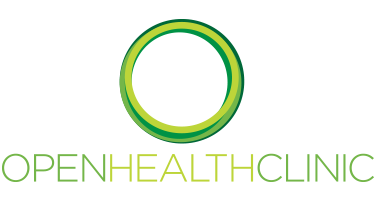
03 Jul Vitamin D – Are You Deficient?
At this time of year, the sun is (usually) out. But after a long winter many of us find that we are experiencing symptoms that we are not used to. It’s worth checking if these have anything to do with low Vitamin D levels.

Even a brief dose of sunshine over a small part of bare flesh is beneficial in helping synthesise Vitamin D
It’s estimated that approx. 75% of the UK population are deficient in this very important nutrient. It’s not really surprising as the only way to really get enough Vitamin D is by full sun exposure on bare skin – not something that most of us will have had to much of recently… (It’s worth noting that pregnant women have a higher Vitamin D requirement as do people who are overweight or obese.)

Rickets is caused by a serious deficiency of Vitamin D. It was thought to be a thing of the past, but has been making a comeback…
We used to think that Vitamin D was only needed for healthy bones and teeth, but more and more research is being done that shows its involvement in a huge number of body mechanisms. As a result, the symptoms of Vitamin D deficiency may be widespread and can include; tiredness and general aches and pains, an inability to lose weight and even constant hunger.
If you have a severe vitamin D deficiency you may also have pain in your bones and maybe even generalised weakness, causing you to have difficulty getting around. You may also experience depression or feel generally low as well as experiencing frequent colds, coughs or infections. However, not everyone experiences all of these symptoms.
It’s very difficult to get enough vitamin D just from the food we eat and if you are someone who spends a lot of time indoors, or uses sunscreen when out in the sun it may be worth checking your levels. This is very simply done either through a blood test or an easy, inexpensive fingerprick test.
If you are experiencing any of the above symptoms, then have a chat with your GP or our Nutritional Therapist to find out if low Vitamin D is the reason or if something else if the cause.



No Comments